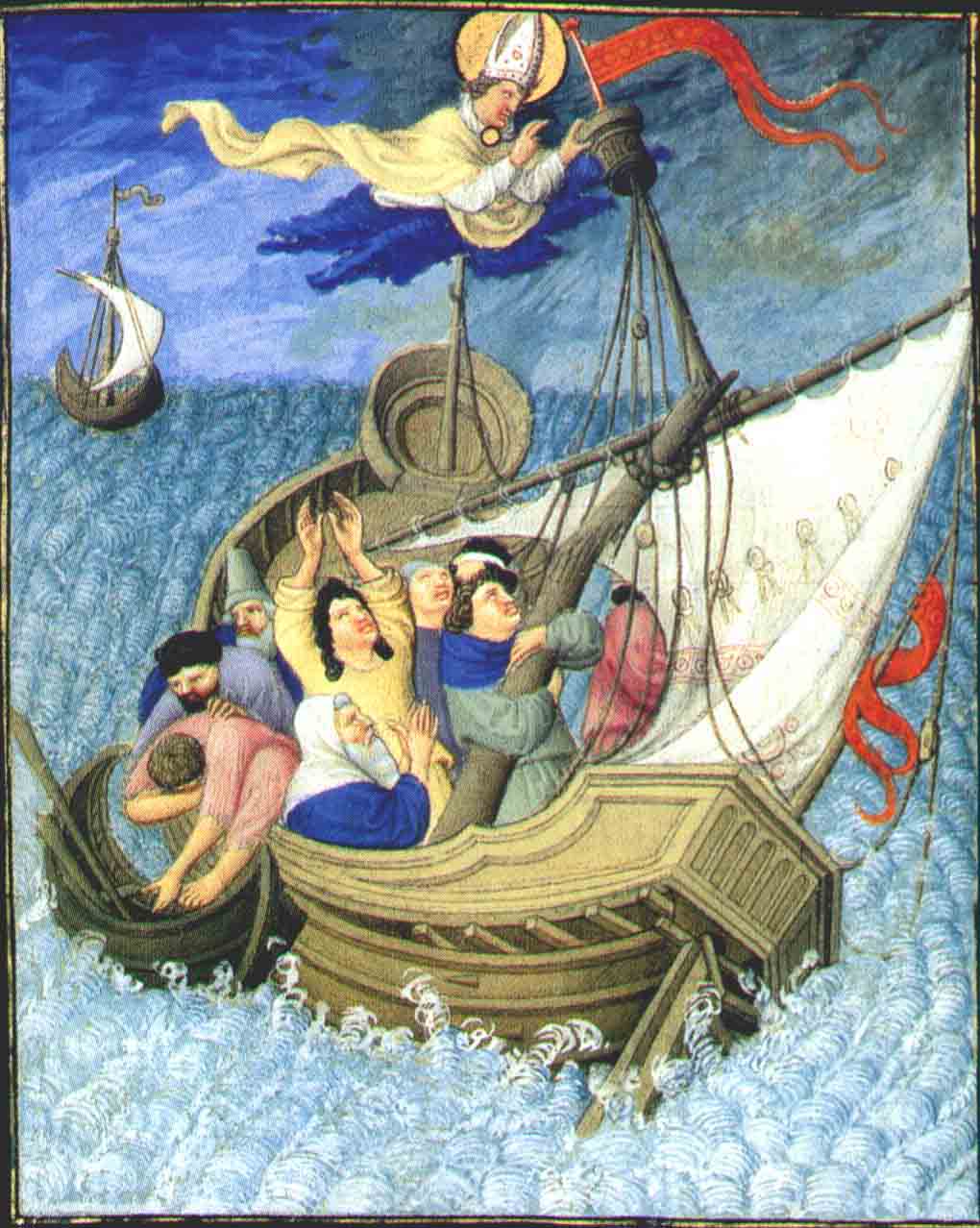Course Introduction

Course Introduction

|
This course will touch briefly on the beginnings of medieval drama exemplified in the Quem Quaeritis trope and proceed to survey representative Latin works in English translation over a period of 1000 years including both devotional and secular selections.Along with analysis of the dramatic texts, this course aims to contextualize the plays and point out the human motives that shaped them on the basis of religious orthodoxy, newly discovered leisure time and public funding, complimentary architectural environments, theatrical ingenuity and public literacy, spirit and taste. Students will read short primary supplements disclosing the private lives of key figures connected with the pageants and cycles as a means to understand their significance in medieval society. With
the assistance of the Internet, key medieval drama Websites such as
the York Cycle of Mystery Plays at Toronto 1998, created by Steve Wright
of The Catholic University of America, will become important textual
and visual resources as will a number of other multi-media sources such
as video tapes of the FJU English Department Medieval Drama Festival
2000 and subsequent mini-conference. Of course, the medieval world-view
is at the heart of middle English drama, and students will be introduced
to a religious consensus that existed at that time and is still evident
in the revival of old and emergence of new Passion play summer festivals.
With Internet assistance, students will read the reviews and access
production materials for two international medieval cycle plays, the
York Minster Pageant in the City of York and the Bavarian Oberammergau
Passion Play. A brief introduction to the summer outdoor religious pageantry
in the United States will be added to demonstrate the contemporary nature
and survival of the medieval drama spirit
This
course will touch briefly on the beginnings of medieval drama exemplified
in the Quem Quaeritis trope and proceed to survey representative Latin
works in English translation over a period of 1000 years including both
devotional and secular selections.Along with analysis of the dramatic
texts, this course aims to contextualize the plays and point out the
human motives that shaped them on the basis of religious orthodoxy,
newly discovered leisure time and public funding, complimentary architectural
environments, theatrical ingenuity and public literacy, spirit and taste.
Students will read short primary supplements disclosing the private
lives of key figures connected with the pageants and cycles as a means
to understand their significance in medieval society.
With
the assistance of the Internet, key medieval drama Websites such as
the York Cycle of Mystery Plays at Toronto 1998, created by Steve Wright
of The Catholic University of America, will become important textual
and visual resources as will a number of other multi-media sources such
as video tapes of the FJU English Department Medieval Drama Festival
2000 and subsequent mini-conference. Of course, the medieval world-view
is at the heart of middle English drama, and students will be introduced
to a religious consensus that existed at that time and is still evident
in the revival of old and emergence of new Passion play summer festivals.
With Internet assistance, students will read the reviews and access
production materials for two international medieval cycle plays, the
York Minster Pageant in the City of York and the Bavarian Oberammergau
Passion Play. A brief introduction to the summer outdoor religious pageantry
in the United States will be added to demonstrate the contemporary nature
and survival of the medieval drama spirit.
|